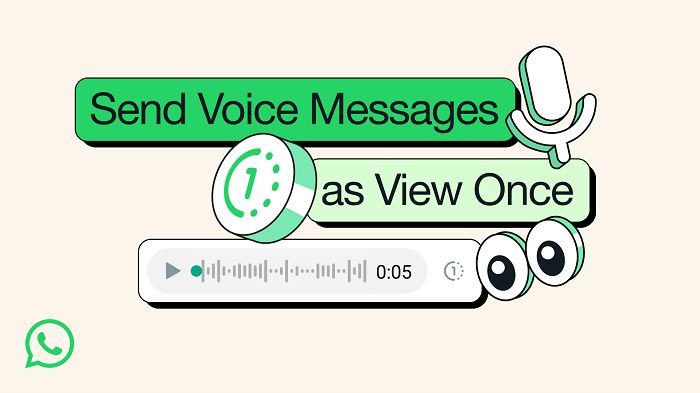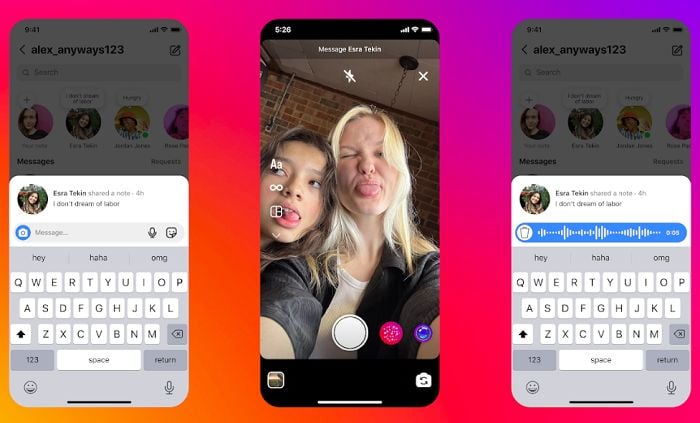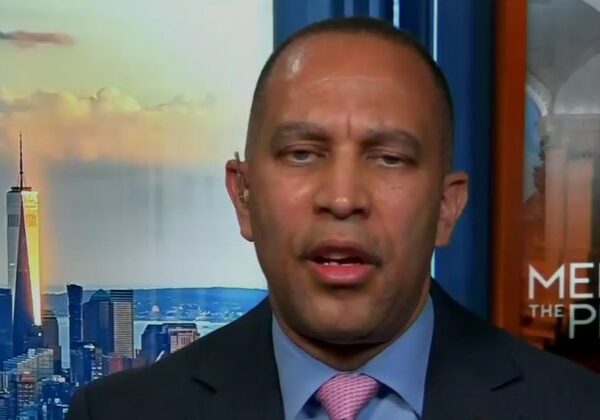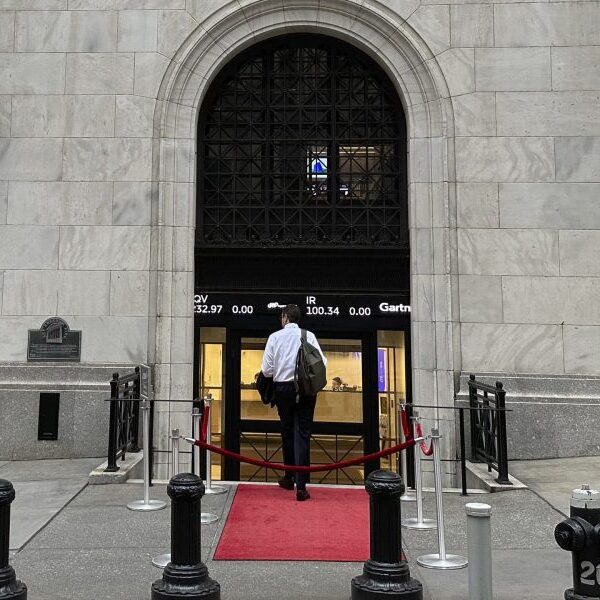This is not a good look for Zuck and Co.
According to a new report from The Financial Times, last year, Meta and Google collaborated on a covert ad project designed to target teenagers with promotions for Instagram on YouTube.
Which is strange, in terms of why YouTube would collaborate with Meta on such either way. But it also violates YouTube’s own rules on advertising, which prohibit personalized ad targeting to users under the age of 18.
According to the report from FT, Meta knowingly targeted its promotions at teens, and Google, YouTube’s parent company, may have also taken steps to hide this intention in its reporting. The benefit for Google, of course, is ad dollars, while Meta was seeking to reach younger audiences, in order to stem the tide of youngsters migrating to TikTok instead.
But at the same time, YouTube has Shorts, which is also a direct competitor to IG.
So why would Google go to such effort, and potential risk, to benefit Meta in this respect?
Evidently, the process may have been confused within the acquisition process.
The program was seemingly operated by an intermediary, called Spark Foundry, which had been tasked by Meta to reach more teen users. Representatives from YouTube then advised Spark on how to use certain unattributed targeting groups to reach teen users, which don’t specifically point to teenage audience (which would be in violation of Google’s rules), but which YouTube’s ad team knows is likely to maximize teen exposure.
In other words, YouTube has an unspecified ad targeting option that includes younger users, but it’s not publicized as such.
Spark then initiated the campaign on Meta’s behalf, which effectively meant that Meta was inadvertently focusing its promos on teens, with a level of plausible deniability built in.
As such, there may not be any wrongdoing, as such, unless it can be proven that YouTube staff definitively knew that the campaign would be focused on teens. Meta is also a step away from the actual ad campaign targeting, so it can claim that it didn’t intentionally push ads to teens in violation of Google’s rules.
But even so, the revelation does come at a particularly inopportune time, given that just last week, the U.S. Senate passed the Kids Online Safety Act, which implements a stronger duty of care on social platforms to better protect children against harmful online content.
As per the Act:
“The Kids Online Safety Act creates an obligation for platforms and apps to provide safeguards and tools to parents and kids. These guardrails are focused on protecting kids’ privacy, preventing addictive use, and disconnecting users from recommendation systems.”
Which would include ad targeting, which, as noted, is already prohibited in Google’s rules. Meta also has restrictions on how ads can be targeted at teen users.
So it seems like more of a misguided process than a malicious one, though it does point to YouTube’s ad team potentially helping partners subvert Google’s teen ad rules.
YouTube says that it’s investigating the claims, while The Kids Online Safety Act is now waiting to be passed by Congress.














